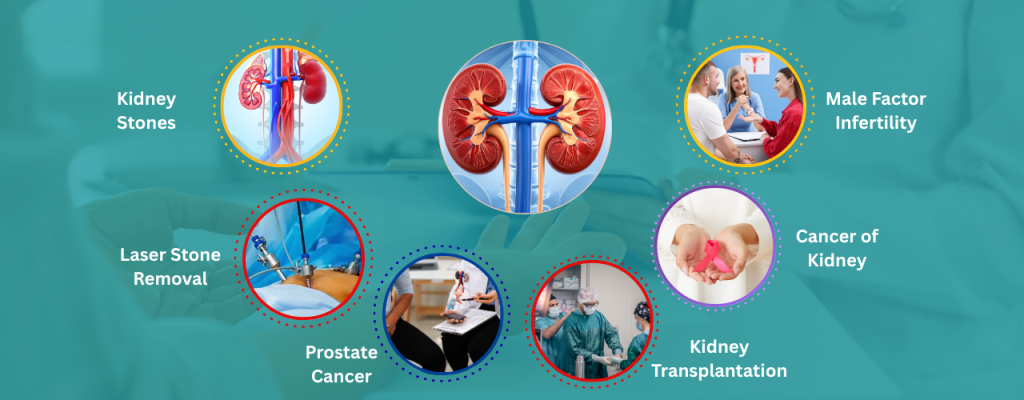



An illness in which cells in one or both testicles become cancerous is known as testicular cancer. According to Best Urologist In Noida, A pair of male sex glands are known as testicles are the primary source of testosterone in males, and they generate and store sperm. These hormones regulate the growth of male reproductive organs as well as other physical traits.
Testicular tumors are known as seminomas or nonseminomas based on the properties of the cells in the tumor. Classic, anaplastic, or spermatocytic seminomas are the three forms of seminomas. Choriocarcinoma, embryonal carcinoma, teratoma, and yolk sac tumors are examples of nonseminomas.
Cryptorchidism (undescended testicle): Cryptorchidism, or an undescended testicle, is one of the key risk factors for testicular cancer (s). This occurs as one or both testicles do not move from the abdomen (belly) to the scrotum before birth.
Anomalies in the womb: Men with anomalies of the testicles, genitals, or kidneys may be at an increased risk of developing cancer.
Testicular cancer history: it runs in families, but men with a brother or father who has had the disease are at a higher risk.
Orchiectomy is the surgical reduction of one or both testicles: The testicles are male sex organs that contain sperm as well as testosterone, a male hormone. Testicular cancer is commonly treated with orchiectomy.
Retroperitoneal Lymph Node Dissection: Retroperitoneal lymph node dissection (RPLND) is a technique that removes abdominal lymph nodes and helps determine the precise stage and form of testicular cancer.
Dr. Devendra Kumar Babbar is a distinguished Urologist, Andrologist, Sexologist, and Renal Transplant Specialist with over 18 years of experience, serving Noida, Greater Noida, and Noida Extension
© 2025 Dr. Devendra Kumar Babbar Powered by GL Service & Solutions Pvt Ltd